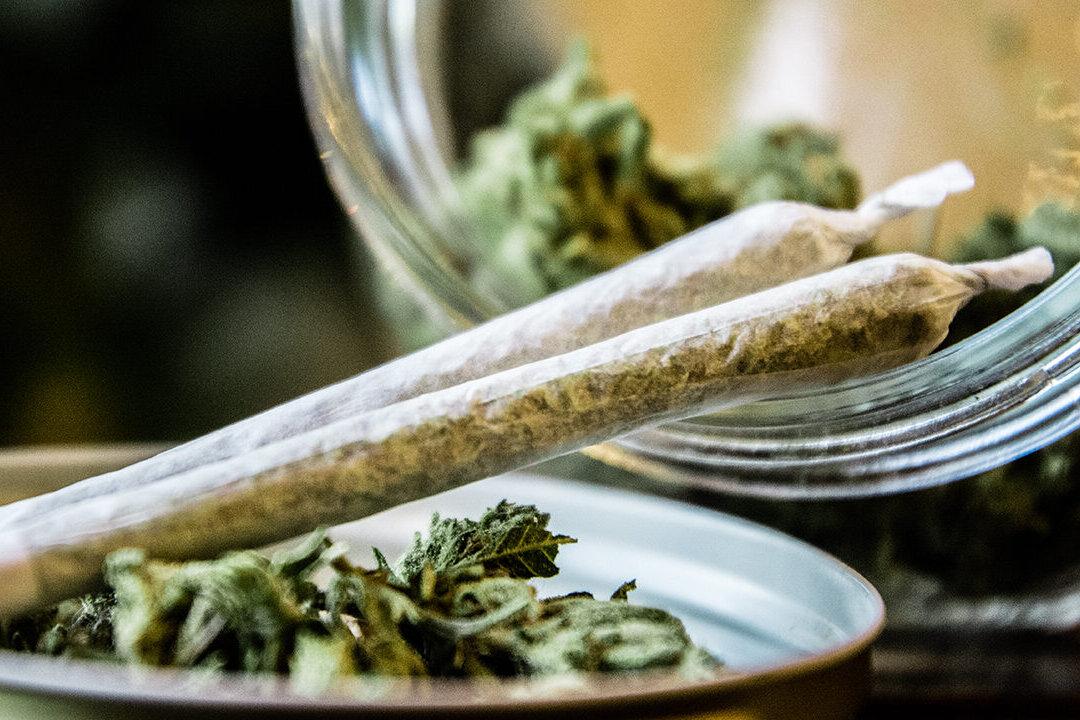While the federal government’s legalization of recreational cannabis use in 2018 aimed to keep the substance “out of the hands of youth” as one of three main goals, federal research finds that making it legal has contributed to youth as young as 13 being introduced to the substance.
“By normalizing cannabis use and making it more accessible, aspects of legalization are considered to have contributed to inducing consumption among youth,” said a report based on research contracted by the Department of Health, according to Blacklock’s Reporter.





